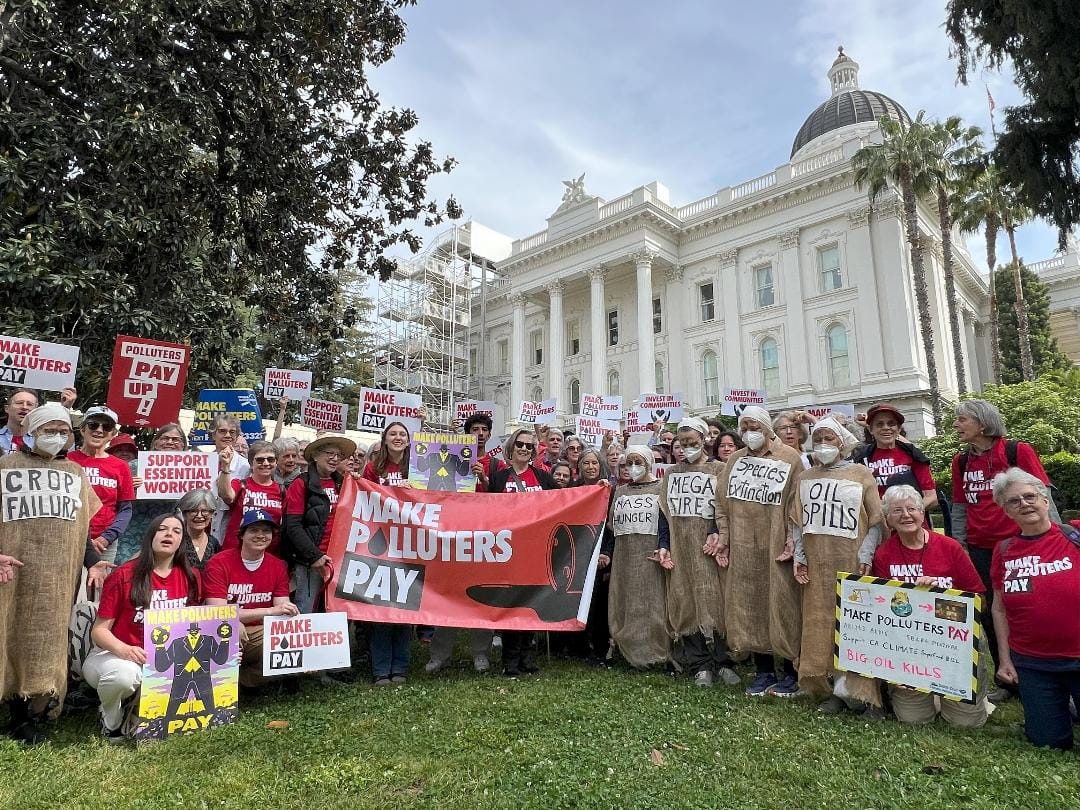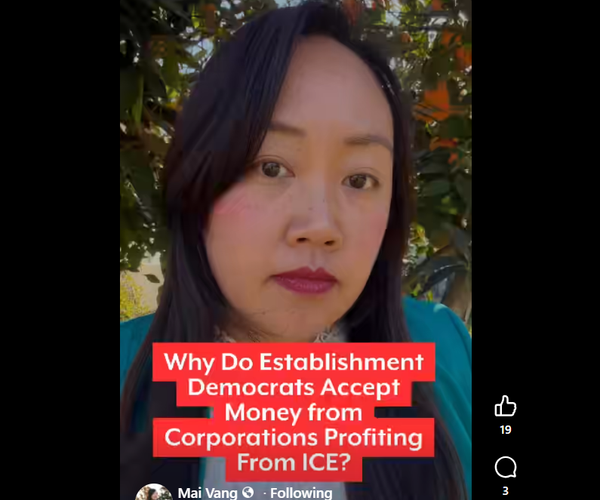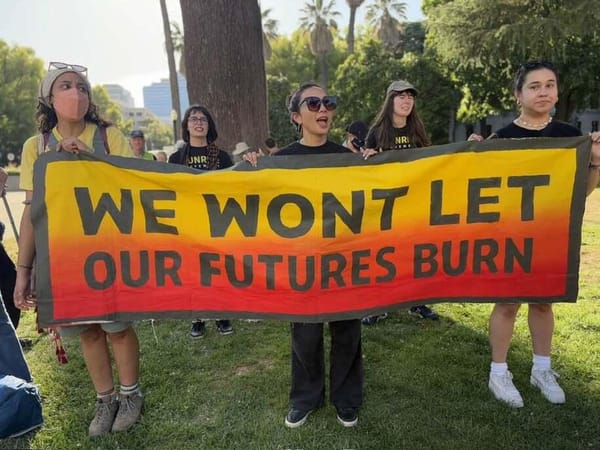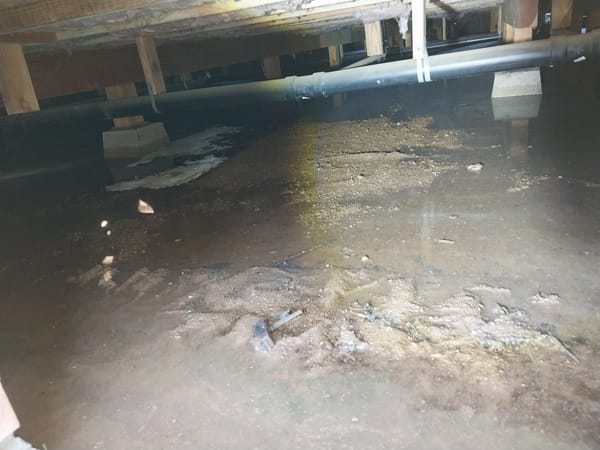Vote on Climate Superfund Bill Postponed in California Senate Judiciary Committee
The Polluters Pay Climate Superfund Act would require the largest fossil fuel corporations to pay for the climate devastation

The Polluters Pay Climate Superfund Act would require the largest fossil fuel corporations to pay for the climate devastation


"Sure as hell shouldn't take money from companies enabling ICE."

Thanks to hype, many say manipulation by Elon Musk, there was a push for crypto bro traders to push the price to $1.00

U.S. crude oil production crushed all time world records in 2023 with 12.9 million barrels per day and 13.2 million barrels per day in 2024 under the Biden administration

"We've never had an issue with drainage from that property before, now we are flooded"